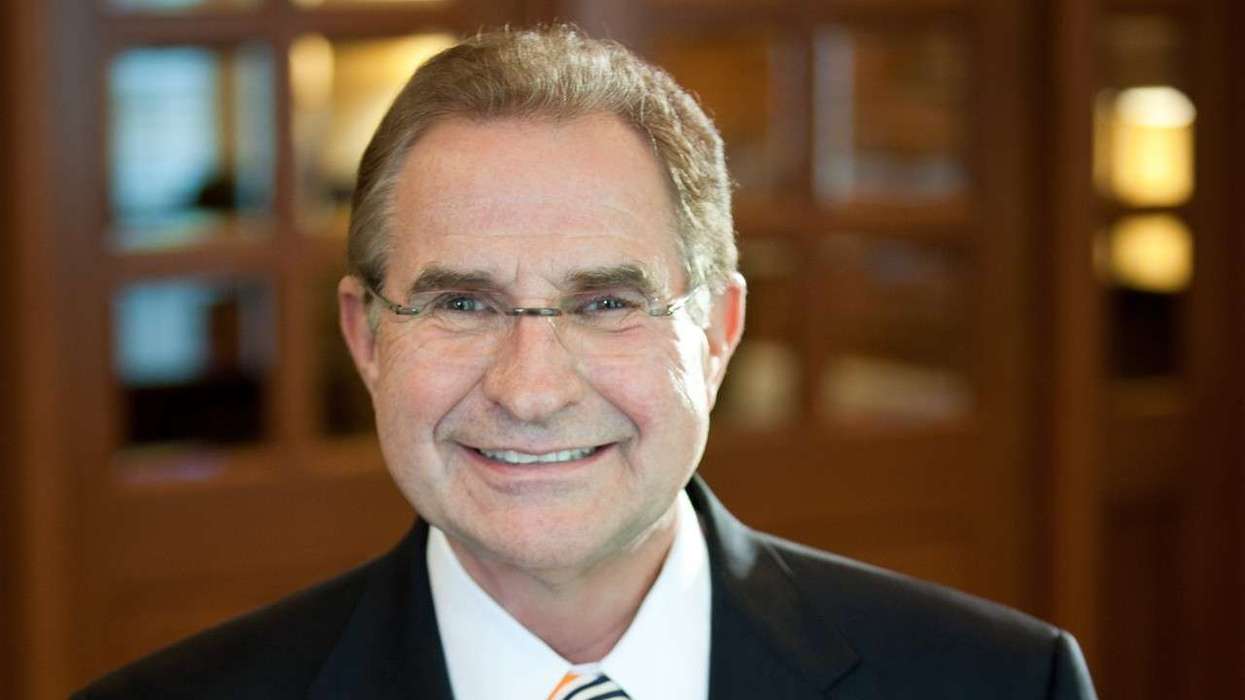Addressing Hotel Staffing Shortages: Challenges & Solutions
APPROXIMATELY 65 PERCENT of hotels still report staffing shortages despite higher pay and benefits improving levels over the past year, according to a survey by the American Hotel & Lodging Association and Hireology, an AHLA Gold Partner. Also, 9 percent of respondents said they were “severely understaffed,” down from 13 percent in May.
Housekeeping had the most shortages at 38 percent, followed by front desk roles at 26 percent, culinary positions at 14 percent, and maintenance at 13 percent, the survey found.
"While American hotels have largely recovered from the pandemic, hotel employment remains nearly 10 percent below pre-pandemic levels," said Rosanna Maietta, AHLA’s president and CEO. "The hospitality sector is committed to attracting and retaining talent, investing in workforce development, and creating good jobs for millions of Americans. We are also working in Washington to ensure a policy environment that supports these efforts."
Since the pandemic, hotels have worked to rebuild the workforce through incentives like higher pay, flexible hours and hotel discounts, along with job fairs and advertising, reducing reported staffing shortages from 76 percent in May to 65 percent by year-end, the study said.
However, around 71 percent of surveyed hotels reported unfilled job openings despite active searches, with an average of six to seven vacancies per property.
Hotels' top strategy for attracting and retaining workers was higher wages at 47 percent. About 20 percent offered flexible hours, 13 percent provided hotel discounts and 9 percent participated in job fairs and advertising, the survey said. Around 72 percent of those surveyed said hospitality career opportunities are as strong as or better than before the pandemic.
Adam Robinson, Hireology cofounder and CEO, said hospitality faces dual challenges: staffing shortages in key roles like housekeeping and front desk, and retaining existing talent.
"While wage increases and other efforts by hoteliers are positive, we must prioritize career mobility and clear advancement paths to attract and retain the workforce we need," he said.
The survey of 282 hoteliers was conducted from Dec. 6 to Jan. 3.
AHLA advocates for policies that expand workforce opportunities, while the AHLA Foundation runs initiatives to help hotels fill jobs and promote more than 200 career paths. Programs include the Hospitality Sector Registered Apprenticeship, a partnership with the National Restaurant Association Educational Foundation funded by the U.S. Department of Labor, and the Empowering Youth Program, which recruits young adults for entry-level hotel roles and provides training, tools, and support for long-term careers in hospitality.
AHLA’s 2025 State of the Industry report found that rising costs outpaced revenue growth in 2024, limiting economic and job growth. Still, opportunities remain through guest spending, shifting travel trends, and major events.






